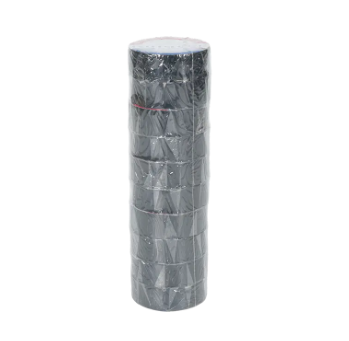Insulating Tape Industry Shifts Toward Sustainable Performance

In recent years, insulating tape has gained renewed attention in the electrical and industrial sectors, supported by increasing expectations for performance, safety, and environmental responsibility. Modern installations—from smart homes to industrial control systems—rely on durable tapes that maintain insulation strength under varying thermal and mechanical stress. Manufacturers are responding by improving material quality, refining adhesive balance, and integrating advanced testing during production.
PVC-based tapes continue to dominate the market, offering cost-efficient performance for general wiring applications. However, silicone and polyimide tapes are now favored where higher temperature tolerance or long-term flexibility is required. Polyimide types, for instance, perform reliably in motor windings or battery modules that experience heat fluctuations, while silicone tapes offer clean removal and strong grip on complex surfaces.
Automation in production is another key factor shaping the industry. Automated coating and slitting systems enhance consistency while reducing material waste, helping suppliers meet tighter quality specifications. Factories are also adopting recyclable cores, solvent-free adhesives, and upgraded curing processes to reduce environmental footprint.
Color-coded tapes and customized widths are increasingly popular among professionals for simplifying identification and improving organization during wiring. This not only speeds up installation but also supports compliance with labeling standards.
In conclusion, insulating tape continues to evolve as manufacturers balance efficiency, sustainability, and reliability. The ongoing improvements in material design and automated production ensure that the product remains essential for modern electrical and industrial applications worldwide.



